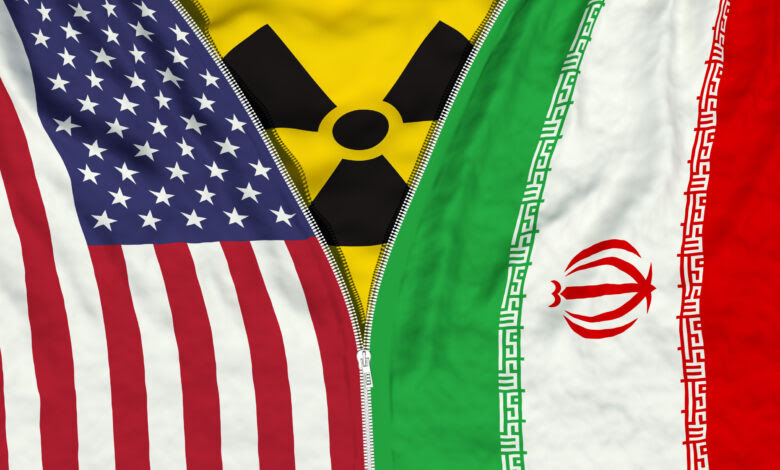The White House on Wednesday responded to a European plan also submitted to the Iranians, reviving hopes for a return to the historic 2015 deal on Iran’s nuclear program, from which former President Donald Trump had pulled out with a bang.
“We transmitted our response to the European Union today,” relayed it to Tehran, said U.S. State Department spokesman Ned Price. He gave no details on the content of the U.S. response or on any concessions from the United States.
On the other hand, the Iranian Foreign Ministry confirmed Wednesday that it had received a response from the United States regarding the “adjustments” required by Tehran to the proposed agreement submitted by the European Union on the Iranian nuclear issue.
“Iran has begun to examine the opinion of the United States carefully, and the Islamic Republic of Iran will transmit its opinion to the coordinator (of the EU) after this examination,” said the spokesman for Iranian diplomacy, Nasser Kanani, about Josep Borrell, the head of European diplomacy which is steering the file.
Josep Borrell had submitted to both parties on August 8 a “final version” of an agreement providing for lifting economic sanctions against Iran, including the sale of oil in exchange for drastic restrictions on its nuclear program, launching intense consultations on both sides.
These diplomatic back and forth with special security issues, since it aims to ensure that Iran does not develop nuclear weapons, is not over, and the outcome of negotiations is still uncertain.
A U.S. diplomat had said on Tuesday on anonymity that there were still “disparities” to overcome before reaching an agreement.
According to the White House, Iran has made concessions on key points, including the abandonment of its demand to lift the designation of the Revolutionary Guards, the ideological army of the Islamic Republic, as a terrorist organization.
Joe Biden had made this a red line and on Tuesday even ordered air strikes targeting pro-Iranian militia bases in eastern Syria “affiliated” with the Revolutionary Guards.
A White House spokesman, John Kirby, said the strikes destroyed ammunition depots in “direct response” to the Aug. 15 attack that targeted the small U.S. contingent in Syria.
“We are not looking for escalation, but we are prepared to defend ourselves in the face of any threat,” he told reporters.
The Iranian nuclear talks, which have been underway for 16 months but were suspended and then resumed in early August, aim to save the agreement reached with the Tehran regime by the five permanent members of the UN Security Council (China, the United States, France, the United Kingdom and Russia) plus Germany.
The United States withdrew from it in 2018 under Donald Trump’s presidency and strengthened its sanctions against Tehran.
Iran has put aside obligations.
But the agreement is fiercely opposed, starting with the Israelis, supported by the Republican opposition to President Biden.
For their part, the Republicans in the U.S. Congress are constantly denouncing a “bad agreement” that would reward Iran, which is also accused of supporting terrorism.
In Washington, they reject any notion of American concessions, saying that it is “Iran that has made concessions on essential issues.
Regarding Suzanne DiMaggio, of the Carnegie Endowment for International Peace, “if each side can make it look like a victory, then there is a chance that the JCPOA will be restored. Giving Iran this nuclear capability would be like giving a lighter to an arsonist…



Comment here